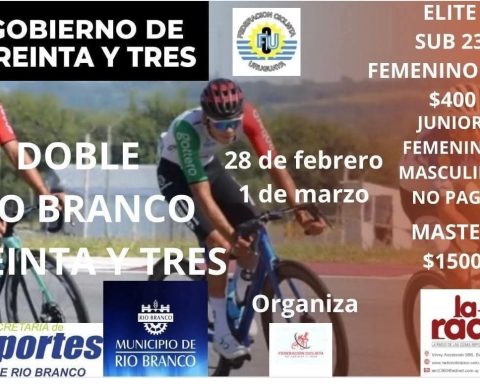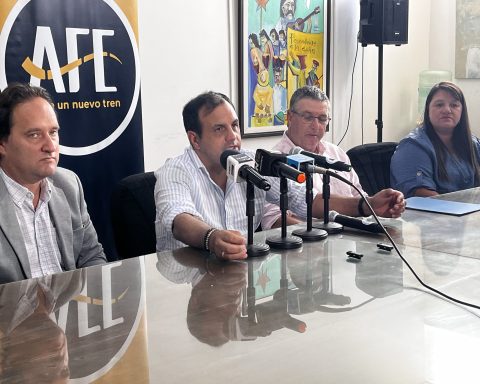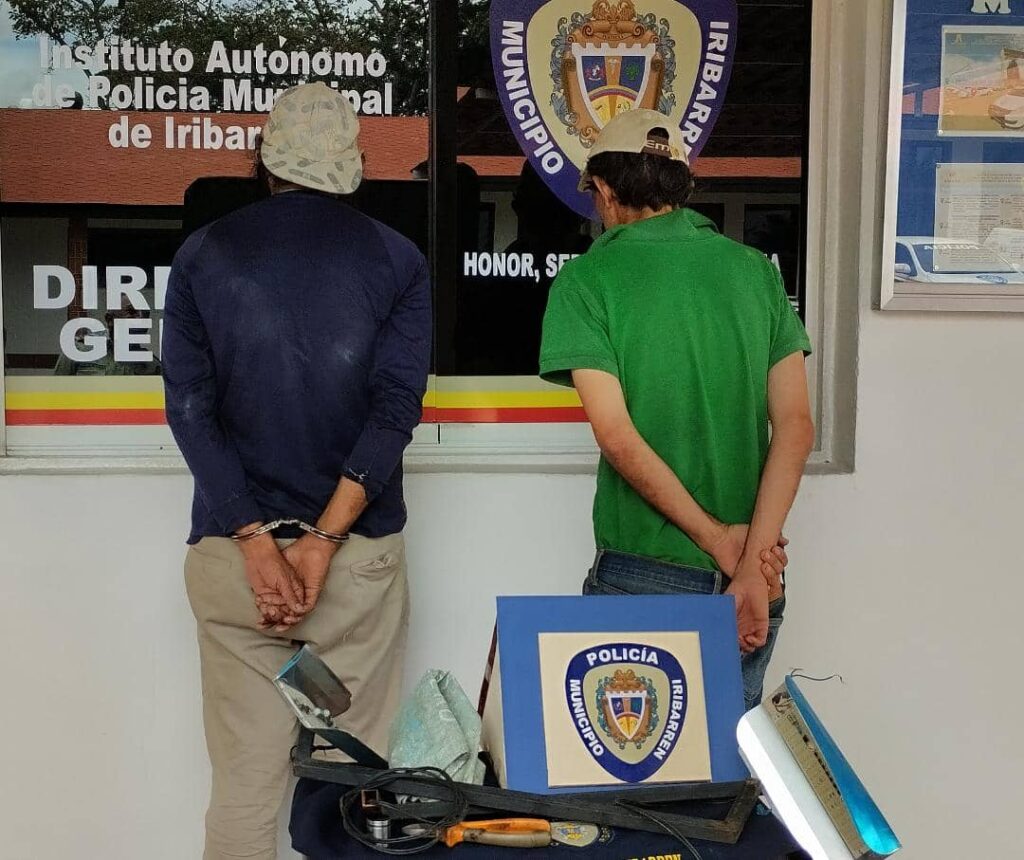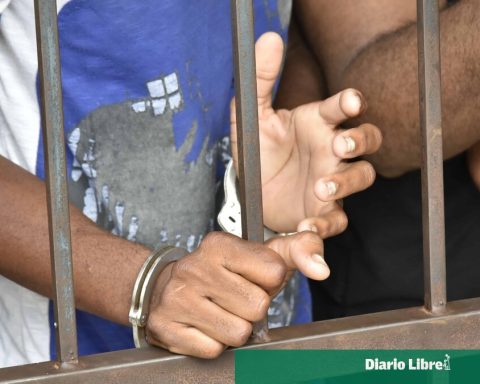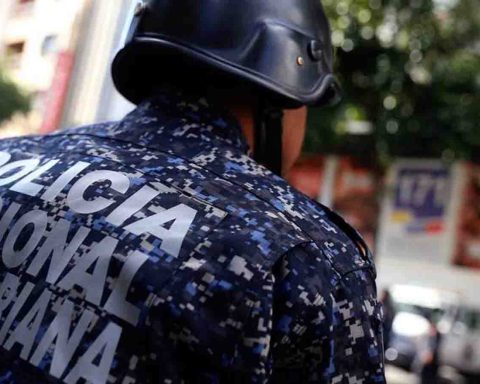There is more seizure and rescue of animals in situations of abandonment and mistreatment
In the first quarter of this year, the INBA received an average of 441 monthly complaints, 6 out of 10 were for irresponsible possession.
The National Institute for Animal Welfare (INBA), a body created by Law No. 19,889 and which began operating on January 1, 2021, has intervened and responded to a significantly higher number of complaints than was received in previous years from of the Commission for Responsible Ownership and Animal Welfare (COTRYBA). Between 2016 and 2018, COTRYBA had received an average of 151 complaints per month, a number that doubles with the creation and response of INBA. This body received an average of 330 monthly complaints in 2021 and 340 in 2022. These figures were already exceeded in the first quarter of 2023, with an average of 441 monthly complaints.
The most frequent reasons for complaints are irresponsible possession, which represents more than 60% of the complaints. They are followed by complaints of bites and attacks on people, which in the first quarter of 2023 accounted for almost 20% of the total.
The body, which also acts ex officio when appropriate, also receives complaints for attacks on production animals and for situations related to pet farms.
When intervening in different situations, the INBA can apply sanctions, which are established in article 22 of Law No. 19,889, ranging from fines of 1 to 500 UR to definitive confiscation and/or the prohibition of keeping animals .
Regarding the above, Marcela Delgado, executive director of INBA, reported that the number of animal seizures also increased: from 34 cases treated in 2021, it went to 82 cases in 2022 with a total of 241 rescued animals.
In the first quarter of this year, more than 100 animals were rescued, including equines, companion animals, and exotic animals.
The INBA has the power to confiscate those animals subjected to mistreatment or cruelty by their holders, also when they imply a risk to life and/or physical integrity and well-being of themselves, people or other animals.
INBA authorities view with concern the occurrence of other types of complaints that require the intervention and commitment to action of other institutions, in order to evaluate and address them together. In this sense, Delgado named situations of abandonment of animals in family homes when their keeper dies or is admitted to a health center, situations of abandonment in cases of family relocation. “In these cases, other institutions first make contact with the case for obvious reasons, they enter the house and may not realize that there are animals there, many times they do not know what to do about it, sometimes they inform us and other times the neighbors do it themselves. . We are concerned about that,” said Delgado, since we believe that these situations could be worked on from different angles, but in a joint, coordinated manner. And he added: “We are also perceiving an increase in complaints for Diogenes syndrome, which we work together with municipalities and / or with the Police.”
Greater commitment
Given the growing demand for intervention by citizens to guarantee the well-being, integrity and responsible ownership of all animals in the country, Marcia del Campo, president of the INBA, emphasized that the “commitment of all the actors that make up the Board of Directors” to meet the objectives that we have set ourselves. Its members represent eight institutions and organizations: Ministry of Livestock, Ministry of the Interior (with whom most operational actions are coordinated), Ministry of Public Health, the Congress of Mayors, Faculty of Veterinary Medicine, the Veterinary Medicine Society of Uruguay , Associations of rural producers and animal protectors.
In this sense, del Campo pointed out that it is essential that each municipality must have a Department of Responsible Ownership and Animal Welfare within its structure to act in the territory and, if necessary, coordinate with INBA at the national level.
“In the case of companion animals, we have developed agreements with the 19 municipalities for sterilization and chipping (whose obligation is established by the National Reproductive Control Program regulated by Decree 57/023), but the commitment that is needed to solve the problem of dog overpopulation and its negative consequences goes far beyond the agreements for castration and chipping. The commitment of departmental governments must include inspection and penalties in cases of irresponsible ownership, such as the presence of animals on public roads. The animal on public roads is a generator of coexistence problems and is also a public health problem, since, in addition to reproducing uncontrollably, it causes accidents and bites, it can cause zoonoses (transmission of diseases to humans) and hygiene problems /sanitation in public places. This is a clear example of the negative consequences of dog overpopulation and irresponsible ownership on social coexistence and public health, and there all the named agencies, but mainly departmental governments, have a key role and responsibility. In fact, most of the Municipalities already have departmental regulations in this regard, which should be applied, in addition to the national one.
These organizations should work in coordination at the level of the 19 departments, with the leadership of the Municipalities and also with the support of the Departmental Directors of the MGAP in rural areas and of course the INBA at the national level. The actors are there, we just need to get going. “If that were the case, we would already be seeing better results.”
With the real commitment and action of nearby governments and in the territory, it is the only way that this public policy can give results in the medium term or that it begins to show results”, said del Campo.
This, in his opinion, must be accompanied by awareness and education campaigns on responsible pet ownership and also on the good treatment and good management of all animals. Today we are talking about companion animals because canine overpopulation has very serious consequences on coexistence and has been the subject of the greatest public attention, but the objective of the INBA is to ensure acceptable standards of welfare for all animals, including farm animals. production and entertainment and that is also a great challenge.
How to make a complaint
It must be taken into account that the INBA does not receive telephone complaints. These must be done through the web form or in the sectional of the area. Once the entry of the complaint has been completed, a number will appear with which it can be tracked. The confidentiality of the complainant is always preserved. Advice and monitoring of cases is done by telephone, as well as in person. From the moment a complaint is filed with the INBA, depending on its characteristics, it coordinates with the Ministry of the Interior, the departmental government (when there is an Animal Welfare Unit within it) or other MGAP officials at the departmental level.

